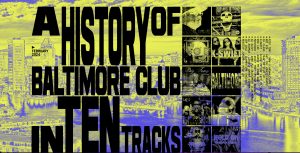
Journalist Lawrence Burney guides us through the evolution of one of America’s most enduring dance music sub-genres.
Last year, Unruly Records put out an excellent compilation that highlights the origins of Baltimore club, which makes a great place to start. But for the real meat of the genre, I spoke to Baltimore music journalist Lawrence Burney, who guided me through ten tracks that chart the modern evolution of the style from the ’90s through to 2023, from viral sensations to cutting-edge rap collaborations. The annotations for each track are his.
Miss Tony – How U Wanna Carry It
Tony was a really popular figure in the nightlife scene. Club music came out of the gay scene, as far as the venues that it was being played in. Tony was a popular ballroom kid in Baltimore, and when club music started to roll around, he already had a lot of authority in the nightlife scene. So when these club music DJs like Scottie B and Shawn Caesar—the guys who created Unruly Records—were getting their shot at the local clubs, Tony would validate them by showing up at their parties and MCing. He would come and shout out all the different neighbourhoods, shout out people’s birthdays. People would pay Tony to shout out their friends, and DJ Scotty B and Shawn Caesar saw the reaction to this call and response. So they put Tony in the studio and started making him do the things he was doing in the club on the record. “How U Wanna Carry It” is like, “How do you show up? What is happening when you pull up?” That music is so potent because it’s so regional. It feels like home.
Big Ria – Hey You Knuckleheads
You might not really be from Baltimore like you claim to be if you don’t know this song. This is a marker of validity. When I came up this was an anthem. This was playing at the cookout, at the festival and at the party. When you hear this people are going to come together—and you’re especially validated when the songs call out your section. Ria’s Baltimore accent is so intoxicating. She has a squeaky, nasally voice but it’s still very forceful and powerful. It’s a perfect song. Early club music like this feels completely different than the club music that follows it. ’90s club music was very call-and-response and neighbourhood-specific.
DJ Class- Tear Da Club Up
This one is tailor-made for venue speakers. The horns don’t hit the same in a car or on your block. “Tear Da Club Up” felt like big-venue club music, and later on, that song became one of the official songs of the Washington Wizards. That speaks to the anthemic power of it. I want to say they used it at basketball games and they pan the camera on people dancing. In Baltimore, by the mid- to late ’90s, club music was the dominant form of Black music. So this one felt like club music as it was expanding into something larger than a counterculture.
K-Swift – Slide to the Left ft. Blaqstarr
I was a teenager when this came out and I remember the dances—I think this was the beginning of club music having dances that ran in tandem with the songs. We had a “Slide To The Left” dance that went with this. When this comes on, you want to do it with your friends. You want your homeboy to hold you while the girl is grinding on you. I see why this sound attracted the likes of M.I.A.—it made sense why she’d want to come and be part of something like that. I would argue, honestly, that M.I.A.’s career would’ve gone completely different if she didn’t end up in Baltimore around that time. Blaqstarr was her biggest secret weapon in those early stages. A lot of her mixtapes were literally just Baltimore club songs she added verses to, and then maybe changed a couple of things production-wise. This was club music making a bid for national and international acclaim.
Rod Lee – Dance My Pain Away
One of the factors that distinguishes Baltimore club from other offshoots of club music is that it regularly has songs with verses and hooks. Whereas a lot of club music that I’ve heard from Jersey and Philly is hyperactive and dance-heavy, Baltimore club producers were making actual songs. In Baltimore, a lot of the more popular local artists are people who really speak to their stories, their vulnerabilities and their struggles. Baltimore is a place where you’re most likely not going to win over the hearts of the majority if you don’t have this kind of element to your music. And I think that goes back to the days of Billie Holiday. We want to hear the pain music. I think “Dance My Pain Away” is perfect.
Matic808 – Guilt Trip (Yeezus Bootleg)
This one is indicative of where Baltimore club music was in the early ’10s—fully fledged into the social media age and the EDM boom. We’re also into the SoundCloud edit era, and I think Matic808 is remixing a full album, which I’ve never really even seen a Baltimore club artist do. This is also the time when Baltimore club producers started to be more open to borrowing from what other people were doing with club music. Before then I would say it was probably sacrilegious from a Baltimore club producer to be incorporating elements of Jersey club production. This is the beginning of those genre lines starting to blur.
DJ Dizzy – Bird Flu (Baltimore Club Remix)
This one is special because it’s Baltimore interacting with Baltimore. Lor Scoota and a rapper named Young Moose broke out at the same time in the early ’10s. When they broke out, they were the first people to shift Baltimore into being a rap city. When those two came out, everybody became a rapper. It just completely changed everything. Before that it was hard to be a local rapper. And before this DJ Dizzy remix, there had never really been Baltimore club music that had never been self-referential in that way. It wasn’t common for producers to engage with the local rap artists and make a club music version of their songs.
So not only is this one keeping it Baltimore, but it’s also preserving our actual music and pushing both of these things at the same time. A lot of local rappers might have grown up listening to club music, but they were like, “I’m not making club music. That shit is old. It’s played out for the cookout.” This perspective started to change. This remix was a really special time and showed what it could look like if these things converged more.
DJ Booman – Jess H Bmore Anthem
This one samples Jess Hilarious’s “I’M FROM BALTIMORE” video. After that Lor Scoota moment around 2014, social media started to change and revolve around the prospect of going viral. People started to aim for virality in a way that they just didn’t before, either being funny or just feeding that machine. Club music started to respond to that by taking viral videos and making club music with them. And from 2016 to 2021, for whatever reason, the Baltimore accent really started developing a life of its own on the internet.
OTR Chaz – Summertime Shootout
OTR Chaz is one of the more popular young rappers in Baltimore. He’s already super popular with young people, so I think him doing a song on a club music beat already had a chance of influence, because kids already listened to him. In 2022, there was a whole wave of Philly club rap going viral. And then Drake came out and was rapping over club music on Honestly, Nevermind. And then Lil Uzi Vert doing “Just Wanna Rock.” I think it was just another example of, like, us being foolish for not partaking in something that’s actually native to our home. So now we’re just coming around to a place where they’re realising that it’s beneficial. “Summertime Shootout” also uses those gunshots that Blaqstarr popularised, which I really love.
RunItUp Jordan – Hold On
Jordan is a club producer and a club dancer, because now in Baltimore club culture the dances are at the forefront of the scene more than the producers and vocal artists. That Baltimore bop dance that he did in the video went super viral on TikTok. I think DaBaby is doing that dance in the song that he put out, “SHAKE SUMN.” The beat Jordan uses for the “Hold On” is from an old Young Moose track called “Bum Bitch.” What I like is that not only are the kids now trying out club music again, but they’re calling back to things from Baltimore to create it. Not only are we trying to get back to club music, but we’re also leaning on our past.
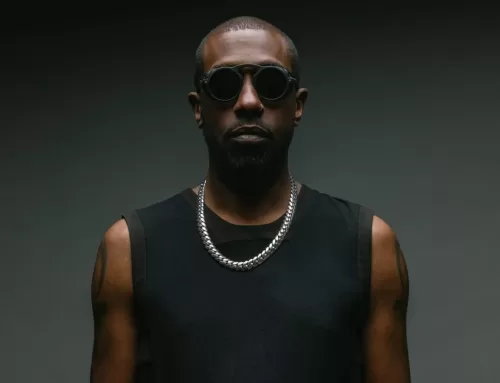
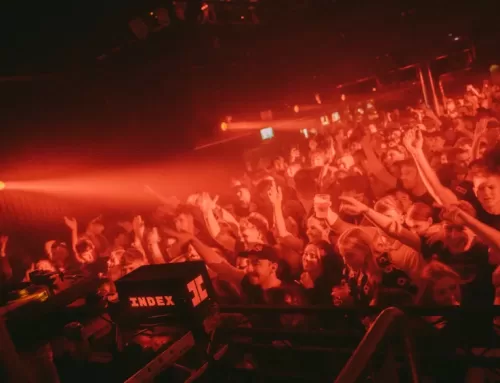
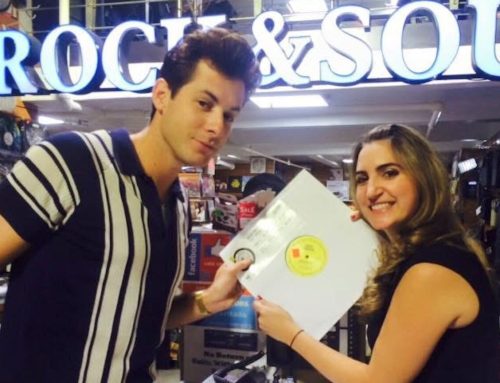
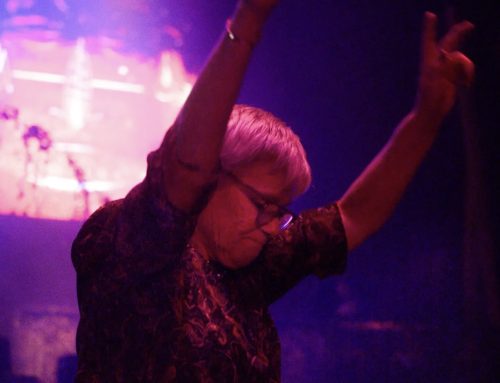

Leave A Comment
You must be logged in to post a comment.